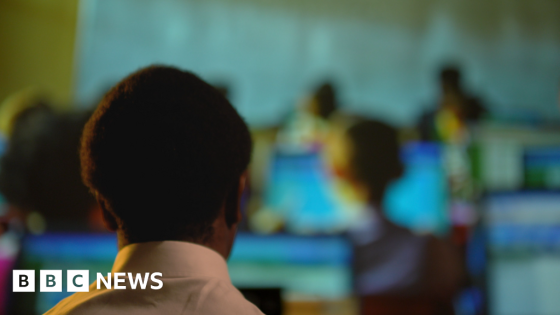A 14-year-old boy recently lost a High Court case against his parents after they moved him from London to Ghana for boarding school. The boy claimed he was misled into thinking he was visiting a sick relative. Is it fair for parents to make such drastic decisions for their children without their consent?
- 14-year-old boy lost court case against parents
- Parents moved son to Ghana for safety
- Boy claims he was tricked into relocation
- Court ruled boy at risk in the UK
- Concerns over boy's potential criminal involvement
- Rise in similar cases among teenagers
This case highlights the complexities of parental responsibility and children’s rights, raising questions about the balance between protection and autonomy.
Understanding Parental Rights in International Moves for Education
What happens when parents believe they are protecting their child by moving them abroad? This case sheds light on the challenges of parental rights and children’s autonomy. The boy’s parents argued that they acted out of concern for his safety in London, citing fears of criminal influence. But is it right to uproot a child without their agreement?
The Impact of Cultural Differences on Education and Well-being
Moving to a different country for education can be a significant change. The boy expressed feelings of isolation and confusion in his new environment. He struggled to adapt to the Ghanaian school system and felt that his education was suffering. Here are some key points to consider:
- Adjustment challenges in a new cultural setting.
- Differences in educational standards and teaching methods.
- Emotional impact of feeling disconnected from home.
- Potential for misunderstandings about safety and well-being.
Legal Implications of Parental Decisions in International Education
In this case, the court focused on whether the parents acted unlawfully by sending their son to Ghana without his consent. The judge emphasized the importance of parental responsibility, especially when it comes to the safety of children. The boy’s mother stated that sending him away was not a punishment but a protective measure. This raises an essential question: how far can parents go in making decisions for their children?
Children’s Rights and the Role of the Courts
This situation highlights the need for a balance between parental authority and children’s rights. As more children face similar circumstances, courts may need to consider the voices of young people in such decisions. The boy’s plea to return home illustrates the emotional toll these situations can take. Should children’s opinions carry more weight in these matters?
In conclusion, this case serves as a critical reminder of the complexities surrounding parental rights, children’s autonomy, and the challenges of adjusting to new educational environments. As families navigate these decisions, it is vital to consider both the safety and well-being of children.






























